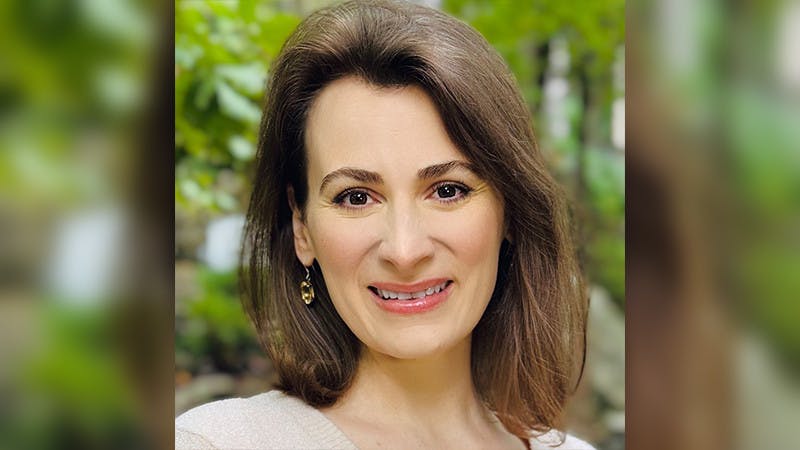One thing has become clear after months of debate over Locust Walk: almost everyone wants more space in the center of campus. Hundreds of opinions have emerged from undergraduates, graduate and professional students, faculty and alumni about exactly what should and shouldn't be done with Locust Walk. Suggestions for changing the campus thoroughfare have included creating "senior honors" housing, first-year housing, special-interest housing, lottery housing and even abolishing housing all together. Plans for change range from moving the University Chaplain out of his house to building high-occupancy dormitories on the Book Store site. There has been consenus on a practical plan, and the number of ideas is matched only by the number of people involved in the discussion. They seem to agree only on a single point: Locust Walk needs to represent more of the University. · Many would-be architects of the new Locust Walk agree that a sense of community and sharing can be accomplished by restructuring the Walk, and that the whole University would benefit from such an arrangmement. But not everybody aspires to live on the campus thoroughfare. "Most people I talk to don't want to live on the Walk," Black InterGreek Council President Kathryn Williams said. "But when people come on the Walk, we want to show that there's a place for everyone." Women's Center Director Elena Dilapi also said that an ideal Walk would be a venue where everyone on campus would feel "equally welcome and desirable, both in terms of passing through and having an equal opportunity of residing there or being given the option." Interfraternity Council President Bret Kinsella, whose organization has been pitted against most others in the struggle to change the Walk, said last week that in an ideal Locust Walk people need space both to meet with people of other cultures and to immerse themselves in their own. "People by choice and by neccessity associate with peole with common backgrounds and common interests," Kinsella said. "At the same time the goal for a university is to expose its students to as many diverse. . .experiences as possible." "We have a unique opportunity [to work towards pluralism] not by undermining the diversity and the unique cultures but to augment them by exposure to others," he said. But Anthropology Professor Peggy Sanday, who wrote a book on the University fraternities' violent sexism, said that she would hold residents of Locust Walk to "their highest ideals" -- community, diversity, pursuit of knowledge, and international understanding -- and that living on Locust Walk is a privilege that residents must earn. Some people say they advocate housing that is dedicated to the average student in the form of lottery housing. History and Sociology of Science doctoral candidiate Lissa Hunt said that she would make Locust Walk "naturally diverse" and turn it over to the freshmen. "The freshman class is representative of the student body as a whole," Hunt said. "If the freshman class got to live in center their first year they'd get an idea of what campus life is really like." American Civilization doctoral candidate A.T. Miller suggested among several alternatives that Locust Walk take as its model the University of Virginia and create an honor lawn, where students would have to be participate in an honor society to take up residence there. But Miller said he was skeptical of attempts to move additional people on to Locust Walk. "Some of the ideas for bringing on more people just are silly, like taking over the chaplain's house or the Christian Association," Miller said. "]One idea is] to take the bookstore site as a dormitory site, but already we don't have a super-high occupancy. Building more dorms seems an odd idea." Alan Bowser, a former Trustee and co-chairperson of a Council of Recent Graduates' committee on campus life, said the long-term future should be considered heavily in allocating any space on Locust Walk. Several members of the committee formed to suggest changes to Locust Walk said that in order for more students to congregate on the Walk, more lounges in the various buildings would be ideal. Office of Fraternity and Sorority Affairs Director Tricia Phaup said last week that a combination of uses for the space available would be the best use of Locust Walk, yet she would like to see some patio-type areas for congregating as well as more lounge space. Some people have suggested special-interest housing for Locust Walk, including space for an African-American house, a lesbian-gay-bisexual house, and a women's issues house. However, others question whether a substantial amount of special-interest housing would promote diversity over pluralism, since people next to each other might not interact. "I am much more interested by the idea of having a residential community diverse within themselves rather than a set of homogeneous groups next to each other but not interacting," Graduate and Profesional Student Assembly Chairperson Susan Garfinkel said last week. And while several people on campus say they would remove fraternities from Locust Walk, the diversity on the Walk committee's stance is to be "inclusive rather than exclusive." "I agree that we should be inclusive, but that 'inclusive' means anyone can join and not just rich white men," Miller said.
The Daily Pennsylvanian is an independent, student-run newspaper. Please consider making a donation to support the coverage that shapes the University. Your generosity ensures a future of strong journalism at Penn.
DonatePlease note All comments are eligible for publication in The Daily Pennsylvanian.






